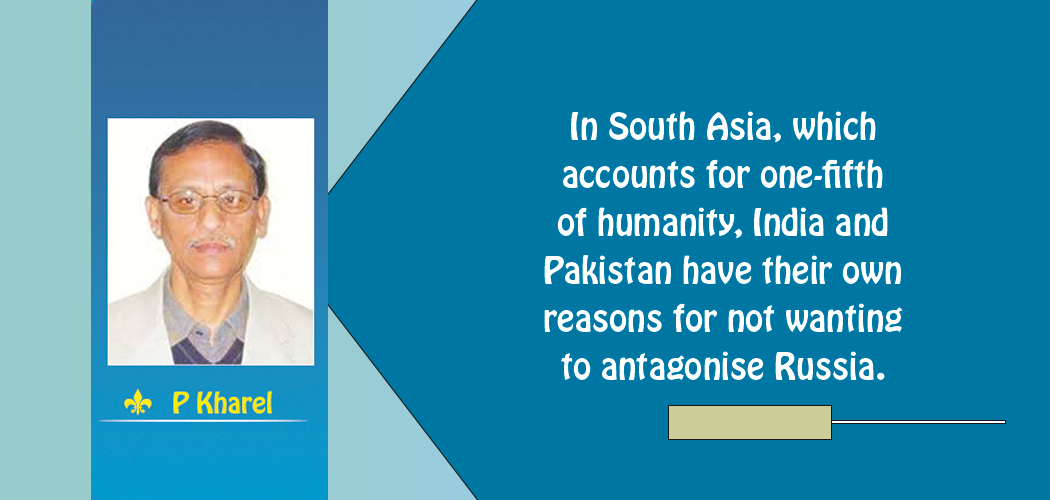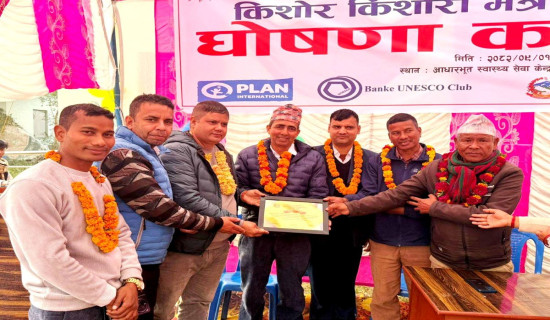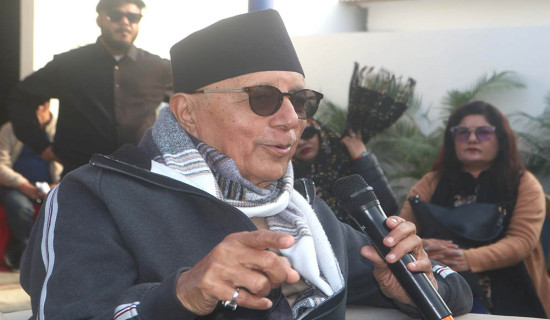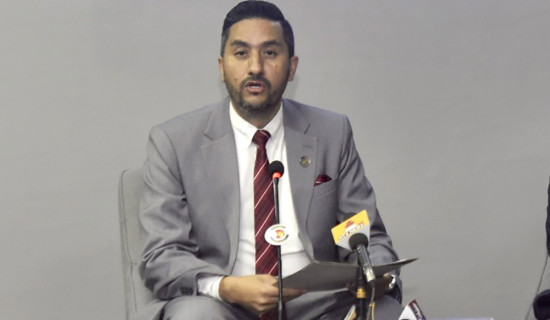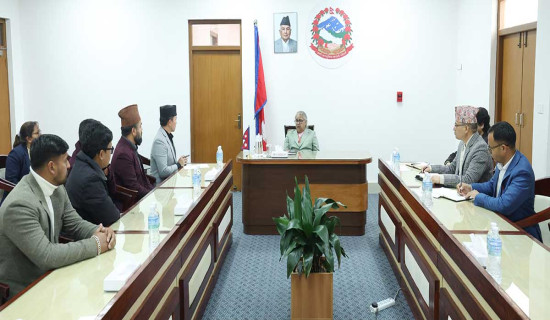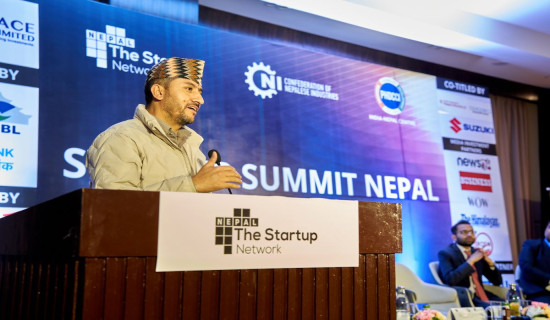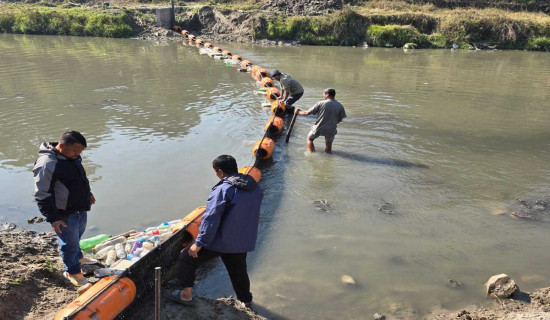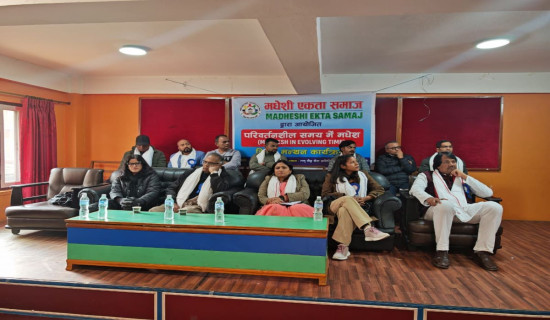- Sunday, 21 December 2025
Out Of Onerous Task
When, in June, French President Emmanuel Macron called for not humiliating Russia, he attracted a quick angry response from Ukrainian Foreign Minister Dmytro Kuleba who wanted all to join hands in devising ways that “put Russia in its place”. Trying to broker peace between Moscow and Kyiv, Macron has been in phone contacts the most often among western leaders. In the process, he has also drawn snide remarks from other leaders, as no significant move toward the desired direction has been achieved six months since the Russian military intervention in one of the poorest states in Europe.
Moscow argues that NATO is pushing for expanding the western military alliance to the Russian doorstep by trying to invite Ukraine aboard. Some commentators wonder whether the US and the United Kingdom — the two largest members of the Five Eyes in the English-speaking countries dominated by Anglo-Saxons — are keen on ensuring an early ceasefire and effective resolution to the ongoing conflict. War is the last alternative, if at all, in addressing issues and concerns. Who suffer the most from the fierce fighting in Ukraine? Ukraine suffers the most since Russian territory is not affected directly in terms of deaths and destruction. Moscow has a big stake involved by way of its reputation as a superpower. But this does not dissuade the political class from pulling out a situation without the prospect of a modicum of success.
The most to lose
During the recent years, Italian political leaders have been less critical of Putin than those spewing regular diatribes by other European leaders. Agreeing with Macron’s approach, Italy’s Prime Minister Mario Draghi appeals for “credible negotiations”. Both Russia and China have complained against Western media reports that reeked of biases. The 2022 Winter Olympic Games, for instance, saw the Western media slating their stories, all aimed at embarrassing and downgrading the hosting country, China. It was actually a repeat of what they did back in 1980 during the Moscow Olympics, boycotted by the US and its close allies. Russian military intervention in Afghanistan was the reason behind the boycott.
The media pursued issues that at other times are left in 1980, they found fault with the quadrennial event, described as the world’s biggest sporting spectacle where the best of the best were tested for top slots. In that engagement, the Nepali squad the target of the not-so-hidden ideological war. Nepali boxers were portrayed as “cowering” and confining themselves in the “corner” of the ring most of the time, with their feet shaking.
The media mission was to deride and downgrade the quality of participation. In reality, however, boxers getting bashed up badly is nothing new. Almost every major event will witness so. Similar spectacle occurred in the Los Angeles games, too, except that the media did not play up that side of the fare. Like most other nations, Nepal opposed politicisation of sports. This was reiterated in no less obvious term at the Los Angeles meet, when it sent a contingent to Los Angeles, though Russia and its close allies boycotted it. It was Nepal’s principled stand. Often, proactive approach to consistently principled stance is a stupendous task that is observed more in its breach than honoured in practice. About the Ukraine war, there have been mixed responses. The Russian invasion of Europe’s poorest nation in February was met with condemnation by 141 out of a total of 193 UN members. Some major powers like China, India and South Africa abstained from the emergency voting, underscoring many shades of national and group interests rather at play than unalloyed principles agreed to on paper.
Some invoke the lofty principles involved while others have their own axes to grind. Yet others pay lip service to declaring a particular resolution but either engage themselves as fence sitters or they huff and puff to dodge the challenge of matching unambiguous words with equally clear action.
Principles and action
In South Asia, which accounts for one-fifth of humanity, India and Pakistan have their own reasons for not wanting to antagonise Russia. India gets much of its arms from Moscow. After its latest major clash with China in the Himalayas, India is betting that one day it may need Russia as an ally. Pakistan, which receives Russian arms, needs Moscow’s blessing to help secure trade routes into its northern hinterland of Central Asia.
France, which rushed troops into Mali in 2013 to prevent an Al-Qaeda takeover of the whole country, is not popular in its former colony. As a consequence, today, most French troops have left Mali, only to be replaced by Russian mercenaries. Syria, North Korea, Belarus and Eritrea have backed Russia’s invasion. Syria’s President Bashar Al-Assad relies heavily on Russia for his survival after his country risked being overrun by ISIS fighters in 2015. On another front, US President Joe Biden and Saudi Arabia’s de facto ruler and Crown Prince Mohammed bin Salman refuse to take each other’s phone calls.
The global community in general and the Arab world in particular have not forgotten the 2003 invasion spearheaded in Iraq by the US and the UK on false grounds and reservations of most UN members. More than 500,000 — some say, up to a million — civilian lives were lost. There was no trace of any of the supposed banned weapons of mass destruction that the invading forces claimed.
The past shadows the present and can do so in the future too. Lofty points need to be translated into action. But then walking the talk is an onerous task. Doing so during a major crisis is even more foreboding. Expediency exercised at crucial times erodes the credibility of the practitioners. Double standards displayed on different occasions and at various trouble spots serve to create distrust. Hence lack of consistency in principles professed and actions taken as a follow-up generate trust deficit — a situation if not checked on time could create calamitous consequences.
(Professor Kharel specialises in political communication.)

